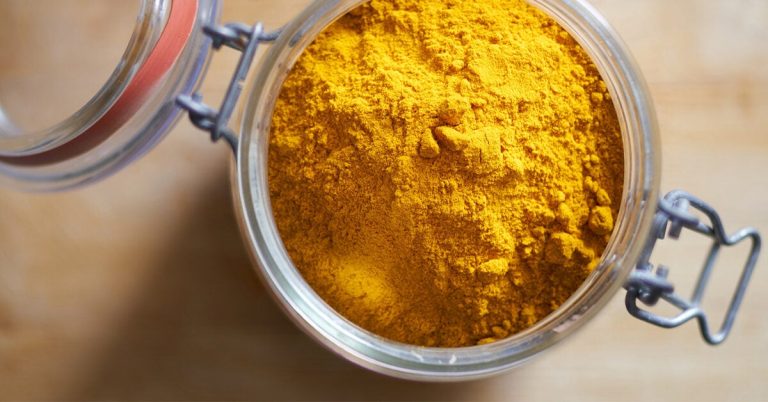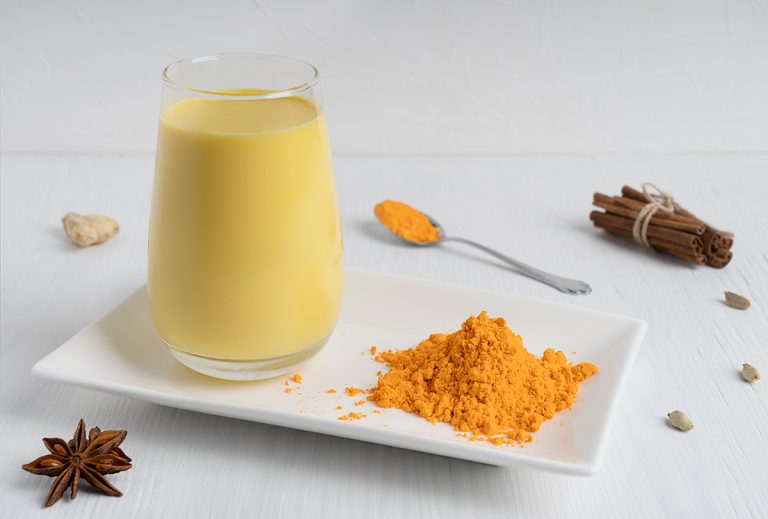Arthritis Homeopathic Treatment: Natural Strategies for Joint Health
Are you tired of living with the constant pain and limited mobility caused by arthritis? Look no further!
In this article, we will explore the fascinating world of homeopathic treatments for arthritis. Imagine finding relief from inflammation and discomfort using natural products like turmeric and Arnica.
While some studies suggest their potential, more research is required to fully understand their benefits. But wait, there’s more!
Discover other alternative treatments such as fish oil supplements, diet changes, and exercise that could help you regain control of your life. Get ready to embark on a journey towards a pain-free future with arthritis homeopathic treatment.
arthritis homeopathic treatment
Arthritis homeopathic treatment involves the use of natural products to alleviate symptoms of rheumatoid arthritis (RA). While some people find relief from homeopathic remedies, it is important to note that these treatments have not been scientifically proven to be effective.
Nonetheless, materials from plants, animals, and minerals are used in homeopathic medications. Turmeric and Arnica are thought to be effective in reducing inflammation and pain in RA patients.
Other homeopathic treatments for arthritis include poison ivy, rhus toxicodendron, apis mellifica, and bryonia. In addition to homeopathic remedies, dietary supplements like fish oil and turmeric can also help relieve arthritis symptoms.
Alternative treatments such as massage and acupuncture may also reduce pain in RA patients. It is important to have open conversations with healthcare providers about lifestyle changes and alternative treatments.
Key Points:
- Arthritis homeopathic treatment uses natural products to alleviate symptoms of rheumatoid arthritis.
- Scientific evidence is lacking to support the effectiveness of homeopathic remedies for arthritis.
- Homeopathic medications use materials from plants, animals, and minerals.
- Turmeric and Arnica are believed to be beneficial in reducing inflammation and pain.
- Other homeopathic treatments include poison ivy, rhus toxicodendron, apis mellifica, and bryonia.
- Dietary supplements like fish oil and turmeric can also help relieve arthritis symptoms.
Sources
https://www.forbes.com/health/conditions/arthritis/psoriatic-arthritis/
https://www.verywellhealth.com/homeopathy-for-rheumatoid-arthritis-herbs-uses-safety-5201269
https://www.news18.com/lifestyle/experiencing-joint-pain-7-natural-remedies-for-relief-8389315.html
https://www.multicarehomeopathy.com/diseases/6-best-homeopathic-medicines-for-arthritis-joints-pain-rheumatism-treatment
Check this out:
💡 Pro Tips:
1. Consider trying homeopathic remedies such as poison ivy, rhus toxicodendron, apis mellifica, and bryonia for arthritis relief.
2. Incorporate dietary supplements like fish oil and turmeric into your arthritis treatment plan for potential symptom relief.
3. Explore alternative treatments like massage and acupuncture to help reduce pain associated with rheumatoid arthritis.
4. Have open and honest conversations with your healthcare provider about lifestyle changes and alternative treatment options for arthritis.
5. Remember that while homeopathic medicine has not been scientifically proven to be effective, it can still be a valuable part of a comprehensive treatment approach for rheumatoid arthritis.
1. Relief From Homeopathic Remedies For Rheumatoid Arthritis
Rheumatoid arthritis (RA) is a chronic autoimmune disease that causes inflammation and pain in the joints. While traditional medical approaches are often used to manage symptoms, some individuals may seek relief through alternative treatments such as homeopathy.
Homeopathy is an alternative medicine approach that uses natural products derived from plants, animals, and minerals to stimulate the body’s ability to heal itself.
It is important to note that the effectiveness of homeopathic remedies for RA can vary from person to person. While some individuals with RA may experience relief from these remedies, others may not see significant improvement.
The response to homeopathic treatment may depend on various factors, including the individual’s overall health, specific symptoms of RA, and individual susceptibility to homeopathic remedies.
Homeopathic remedies are prepared through a process called potentization, where the original substance is diluted and succussed (shaken vigorously). This process is believed to enhance the effectiveness of the remedy while minimizing potential side effects.
The use of natural substances in homeopathic medications distinguishes it from conventional medicine, which often relies on synthetic drugs.
2. Using Natural Materials In Homeopathic Medications
Homeopathic medications utilize materials derived from plants, animals, and minerals. These natural substances are carefully selected based on their similarity to the symptoms experienced by the individual.
By using these similar substances, homeopathy aims to stimulate the body’s own healing response and restore balance.
Two natural substances that have shown promise in reducing inflammation and pain in RA patients are turmeric and arnica. Turmeric contains a compound called curcumin, which has been found to have anti-inflammatory properties.
It may help reduce joint pain, swelling, and stiffness in RA patients. Arnica, a plant commonly used in homeopathy, is believed to have analgesic properties and may provide relief from RA pain and inflammation.
While there is some anecdotal evidence supporting the use of these natural substances, it is important to remember that scientific research on homeopathic remedies for RA is limited. More rigorous studies are needed to determine their effectiveness and understand the mechanisms behind their potential benefits.
3. Effective Homeopathic Remedies For Reducing Inflammation And Pain In RA Patients
In addition to turmeric and arnica, there are other homeopathic remedies that may help reduce inflammation and pain in RA patients. These remedies include poison ivy (Rhus toxicodendron), which is believed to alleviate joint stiffness and swelling, as well as apis mellifica, which may provide relief from burning and stinging pain in the affected joints.
Bryonia, another homeopathic remedy, is thought to be effective for treating pain that worsens with movement.
It is important to consult with a qualified homeopath or healthcare provider before starting any homeopathic treatment for RA. They can provide appropriate guidance based on the individual’s specific symptoms and overall health.
It is also crucial to remember that homeopathy should not be used as a substitute for conventional medical treatment. It can be used as a complementary approach to conventional care to help manage symptoms and improve overall well-being.
4. The Need For Further Research On Homeopathic Treatment For RA
While some individuals may find relief from homeopathic remedies for RA, it is essential to acknowledge that the scientific evidence supporting their effectiveness is limited. The efficacy of homeopathic treatments for RA needs to be further investigated through well-designed clinical trials to provide more conclusive results.
Research studies that include larger sample sizes, control groups, and rigorous methodologies will help determine the true benefits of homeopathy in managing RA symptoms. Until then, it is crucial to approach homeopathic treatments with caution and have realistic expectations.
Open conversations with healthcare providers are essential to discuss the potential benefits and risks of incorporating homeopathy into a comprehensive treatment plan for RA.
5. Other Homeopathic Treatments For Arthritis Symptoms
In addition to the remedies mentioned above, there are other natural approaches that may help alleviate arthritis symptoms. Dietary supplements like fish oil and turmeric have gained popularity for their potential anti-inflammatory properties.
Fish oil contains omega-3 fatty acids, which have been shown to reduce joint pain and stiffness in some individuals with arthritis. Turmeric, as previously mentioned, contains curcumin that may help reduce inflammation and pain.
Alongside homeopathic remedies and dietary supplements, alternative treatments such as massage and acupuncture can also provide relief from RA pain. Massage therapy may help reduce muscle tension, improve circulation, and promote relaxation.
Acupuncture, a traditional Chinese medicine practice, involves the insertion of fine needles into specific points on the body to stimulate healing responses.
It is important to emphasize that these alternative treatments should be used as part of a comprehensive treatment plan and not as standalone remedies. Open communication with healthcare providers is crucial to ensure that these treatments are integrated safely and effectively into the overall management of RA symptoms.
6. Incorporating Alternative Treatments Into A Comprehensive RA Treatment Plan
When it comes to managing RA, a comprehensive treatment plan is essential. This typically includes medical interventions, medications, lifestyle modifications, and alternative treatments.
Alternative treatments, such as homeopathy, can be incorporated as part of the overall strategy to manage symptoms and improve the quality of life for individuals with RA.
It is important for individuals with RA to have open and honest conversations with their healthcare providers about their desire to explore alternative treatments. By working together, healthcare providers can offer guidance, monitor progress, and make adjustments to the treatment plan as necessary.
Integrating alternative treatments, such as homeopathy, into a comprehensive approach can provide individuals with a sense of empowerment and control over their condition.
In conclusion, homeopathy is an alternative medicine approach that uses natural substances derived from plants, animals, and minerals to stimulate the body’s healing response. While some individuals with RA may find relief from homeopathic remedies, scientific evidence for their effectiveness is limited.
More research is needed to determine the true benefits and mechanisms behind homeopathic treatments for RA. It is crucial to approach these treatments with caution, have open conversations with healthcare providers, and incorporate them into a comprehensive treatment plan for RA management.
Ultimately, the goal is to improve the overall well-being and quality of life for individuals living with RA.







